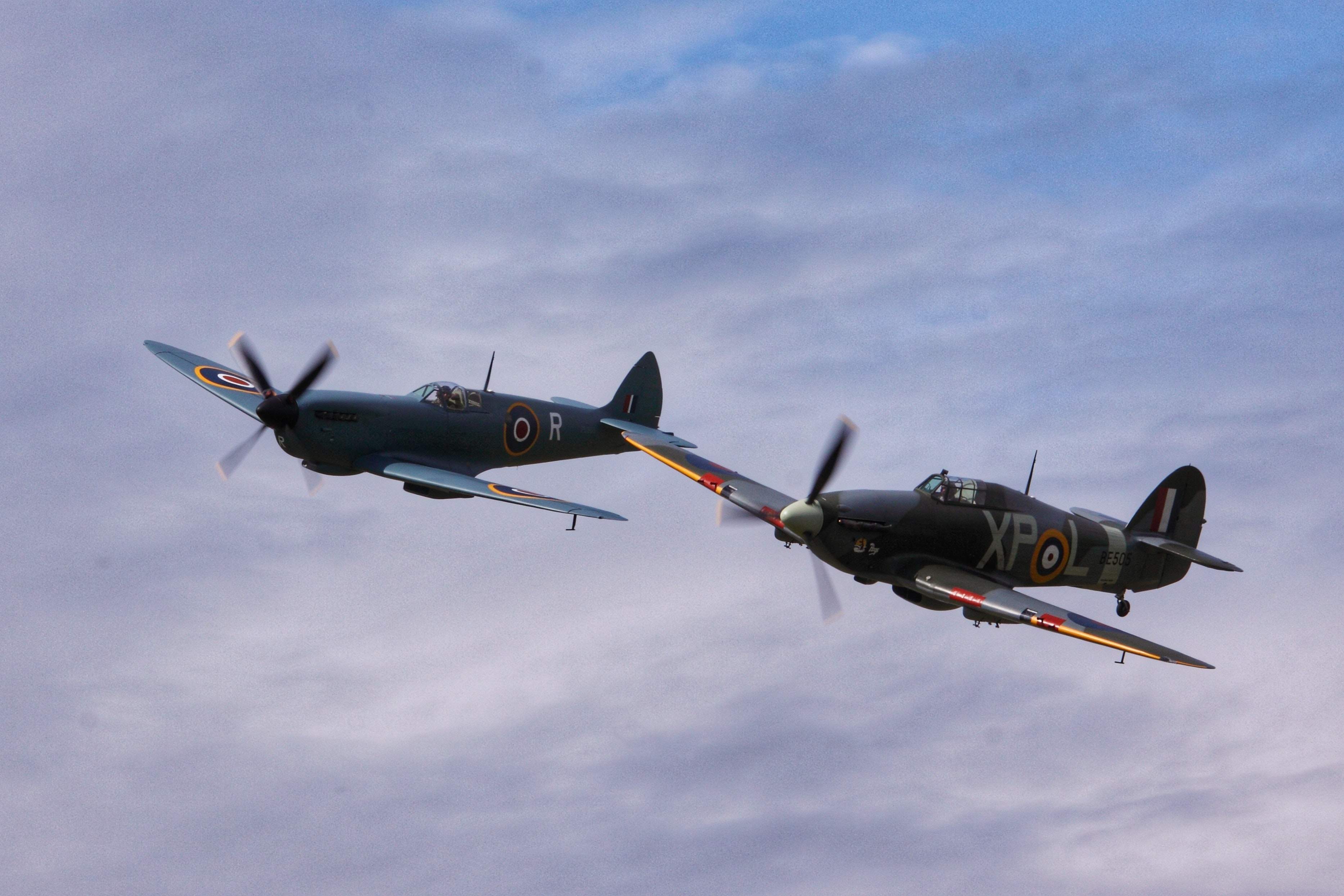The Filter Room - Richard Hearn
People famously ask writers ‘Where do you get your crazy ideas from?’
The truth is normally complicated, and difficult to summarise, but for me, it’s often the coming together of a few separate ideas - a spark of dialogue, a setting perhaps, or sometimes the format - which suddenly combine to make the whole. This is how ‘The Filter Room’ came about.
I’d been researching World War Two for a longer play (predominantly set amidst the bombing of Coventry, but also involving Quantum Physics and the Wizard of Oz) and while reading around the subject, got interested in the Battle of Britain and the role of radar.
At the same time, back in June 2020, the 75th anniversary of VE Day was taking on a particular poignancy, when it coincided with the first wave of Covid restrictions. Many of those who’d been at the heart of the original VE Day were particularly isolated and affected by these new restrictions.
I was also wanting to write something specifically for audio; over lockdown, like many writers, I’d adapted a number of short plays to be recorded for audio, but they’d normally been originally written for the stage.
I wanted a story that would work in an aural landscape, and radar seemed a perfect way in. I loved the idea of various sound textures being used to tell the story of my heroine, Helen, both in the present day (well, 2020) and back in 1940 during the Battle of Britain. As well as different sound effects - planes, medical equipment, mobile phones, microwaves - I also wanted the texture of varied dialogue; the terminology of Covid rubbing against that of the war, modern day banter contrasting with the Received Pronunciation of archive news footage.
The title itself “The Filter Room” comes from a control centre used in the Battle of Britain, which would take the radar information and work out what was, and wasn’t, important.
In this story all about assumptions, family and secrets. it seemed a fitting title to use.

